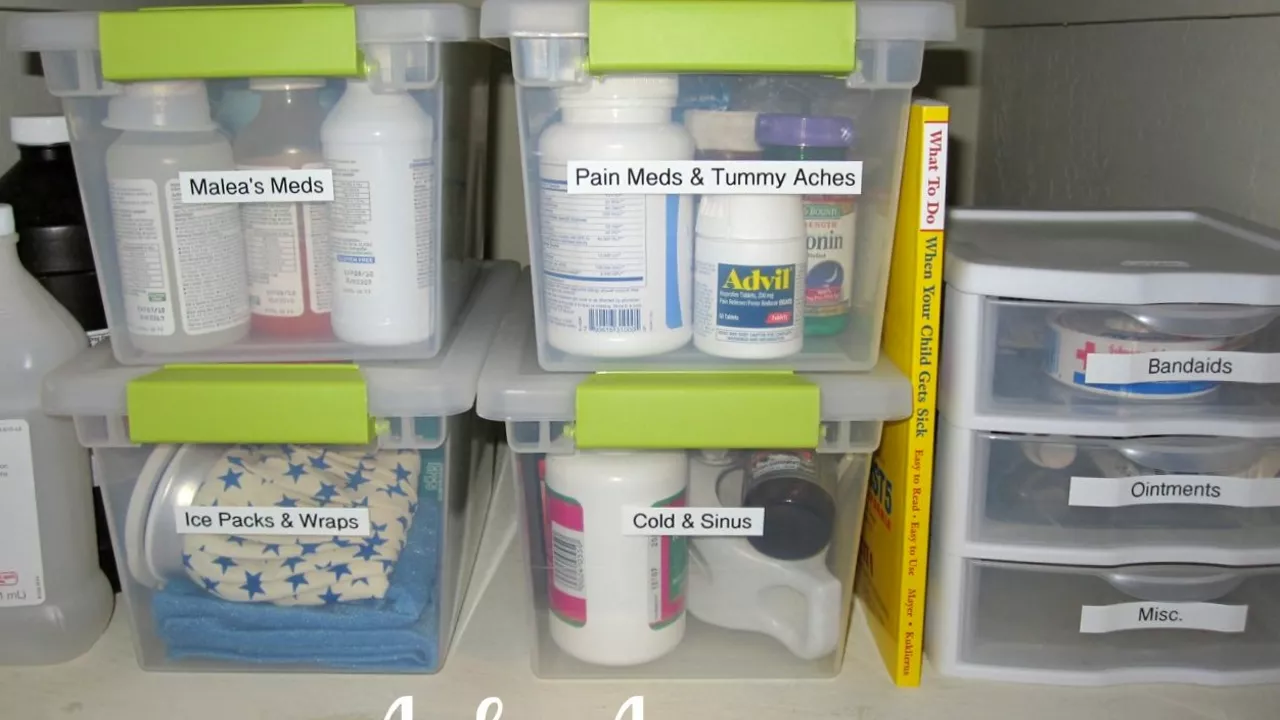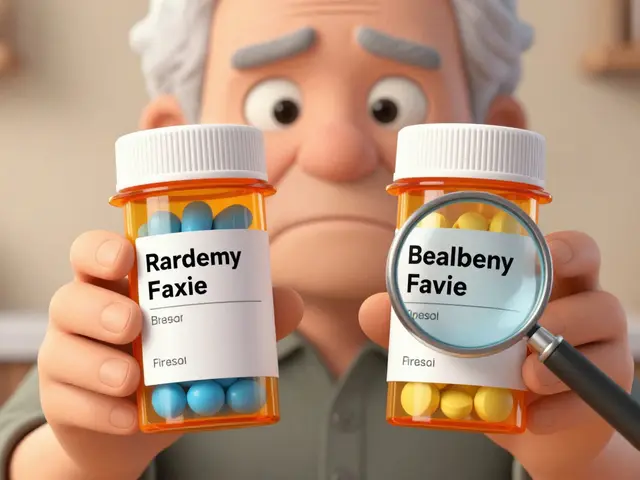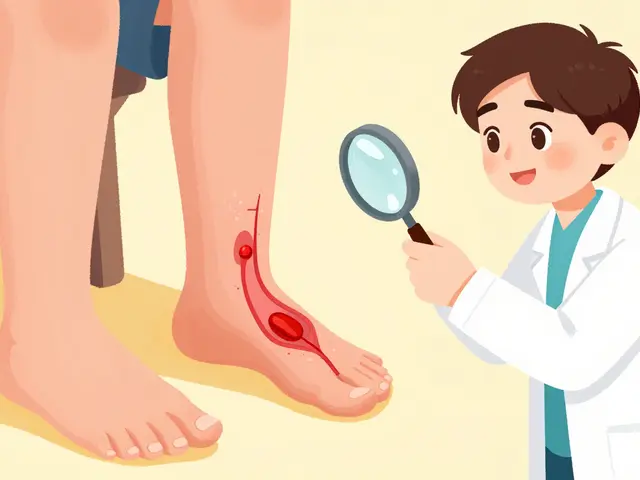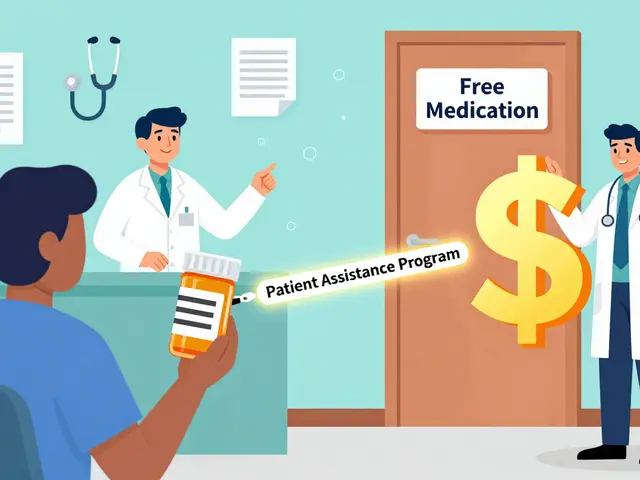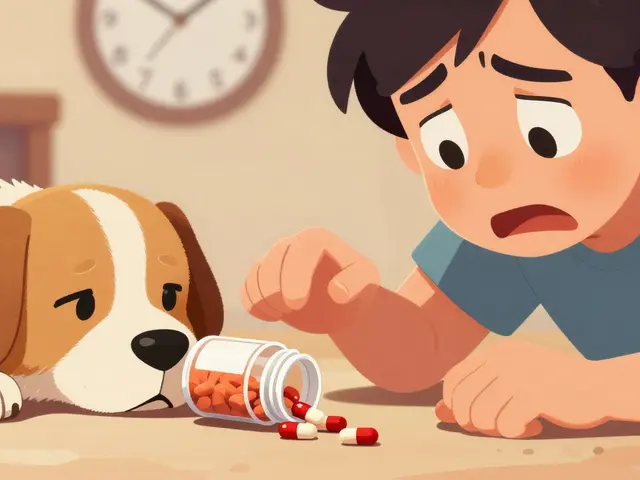Storage Tips for Medicines & Supplements
A pill left in a steamy bathroom can lose potency long before its expiry date. Small habits make a big difference for how well your meds and supplements work. Use these simple, practical tips to keep prescriptions, OTC drugs, and supplements safe at home and on the go.
Daily storage basics
Always read the label and the leaflet first — manufacturers often tell you exactly how to store a drug. If it says “store below 25°C” or “refrigerate,” follow that. Temperature is the single biggest thing that affects medicine stability.
Keep meds in their original containers. The bottle or blister pack protects pills from light and moisture and has the expiry date and batch number. If you use a pill organizer, refill it weekly and keep the organizer in a cool, dry place.
Avoid bathrooms and kitchen counters. Heat and steam from showers or cooking speed up breakdown. Pick a bedroom drawer, a shelf in a hallway cabinet, or a dedicated storage box away from sunlight.
Protect from moisture. Use desiccant packets if the bottle came with one and close lids tightly. For powdered or granular supplements, reseal tightly after every use to prevent clumping and mold.
Watch the light. Some medicines and vitamins break down when exposed to sunlight. Amber bottles or opaque containers are best. If your supplement came in a clear jar, move it to a dark cupboard.
Keep meds out of reach of kids and pets. Store drugs in a high cabinet or a locked box. Even small amounts can be dangerous.
Know which items need the fridge. Insulin, many liquid antibiotics, some eye drops, and certain probiotic or fish oil supplements often need refrigeration. If in doubt, check the leaflet or ask a pharmacist.
Travel, online orders and disposal
When travelling, use a hard-sided pill case and keep temperature-sensitive meds in an insulated bag with a cold pack if needed. Avoid leaving medications in a hot car. For flights, carry meds in your hand luggage with a copy of the prescription if required.
Buying meds online? Choose reputable pharmacies and check that packaging during shipping is intact. If a refrigerated drug arrives warm, contact the seller before using it.
Label bottles when you transfer them to another container. Write the drug name, dose, and expiry date on the new container to avoid mistakes.
Dispose of expired or unused medicines safely. Many pharmacies run take-back programs. If no program is available, mix pills with coffee grounds or cat litter, seal them in a bag, and throw them in the trash; remove personal info from prescription labels first.
Small steps—follow the label, keep meds cool and dry, lock them up, and check expiry dates—add up to safer, more effective medicines at home. If you’re ever unsure, ask a pharmacist; they’ll tell you exactly how to store a specific drug or supplement.
How to Store Doxepin Safely: Tips for Keeping Your Medication Effective
Hey there, fellow medicine cabinet warriors! I've recently dived headfirst into the vast sea of knowledge about safeguarding Doxepin – that's an antidepressant, in case you were wondering. Ditch the bathroom for storage, humidity is a big no-no for this little pill! Keep it in a cool, dry place, far from the reach of kids and pets. And remember, if it starts to look like it’s put on a weird, crumbly fashion show or smells like it’s auditioning for 'America's Next Top Mold', it's time to say goodbye! Stay safe, stay organized, and keep those meds effective!
Read More